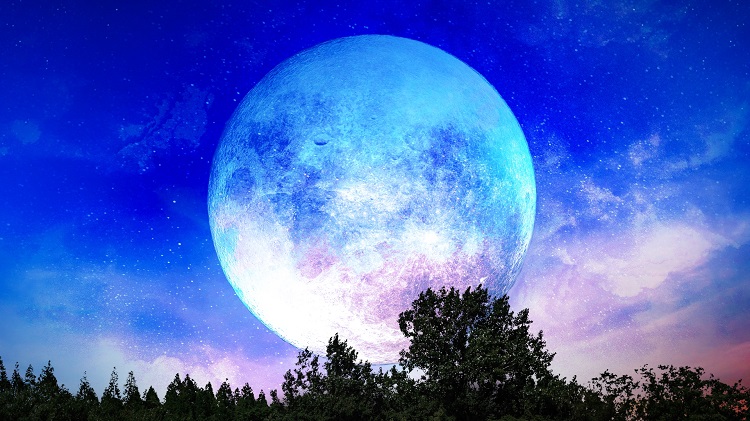
Although it has been 50 years since the first person set foot on the moon, our longing for the moon is rapidly coming to an end. A flood of missions to our planetary neighbor is being prepared by both public and private organizations, with the eventual aim of establishing a base camp on its surface. Food, water, and shelter are just a few of the many problems that must be resolved if humans are to survive on the moon, but there is also another important topic that needs to be solved: What time is it on the moon now? The short response to this question is that we don't really know because we haven't made a decision yet. Previous moon missions have operated on their own unique timescales in relation to Coordinated Universal Time (UTC).
In the sky, the moon and sun appear to be about the same height, but the moon moves 1.5 inches farther away from Earth every year. Thus, total solar eclipses, in which the moon completely blocks the sun, will change to annular eclipses, in which a faint solar ring is discernible, in 600 million years.
To address this exact issue, representatives from international space organizations gathered in November 2022 at a European Space Agency facility in the Netherlands. However, setting a time for the moon is difficult. One fact is that a day on the moon lasts 29.5 days on Earth. According to Albert Einstein's general theory of relativity, which states that time travels more slowly in stronger gravitational fields, time also flows differently on the moon. A lunar clock would acquire approximately 56 microseconds (one microsecond is one-millionth of a second) per day in comparison to Earth clocks because the moon has a weaker gravitational field than Earth. Although it may seem like a minor difference, any lunar GPS system would be utterly dependent on precise timekeeping, and this discrepancy would be catastrophic. One suggestion is to synchronize the moon to UTC or establish a completely autonomous lunar time, which could serve as a foundation for future human settlements on Mars and other planets. The moon's time is currently a mystery, but shortly it will be included in our understanding of time as Earth's lone natural satellite.